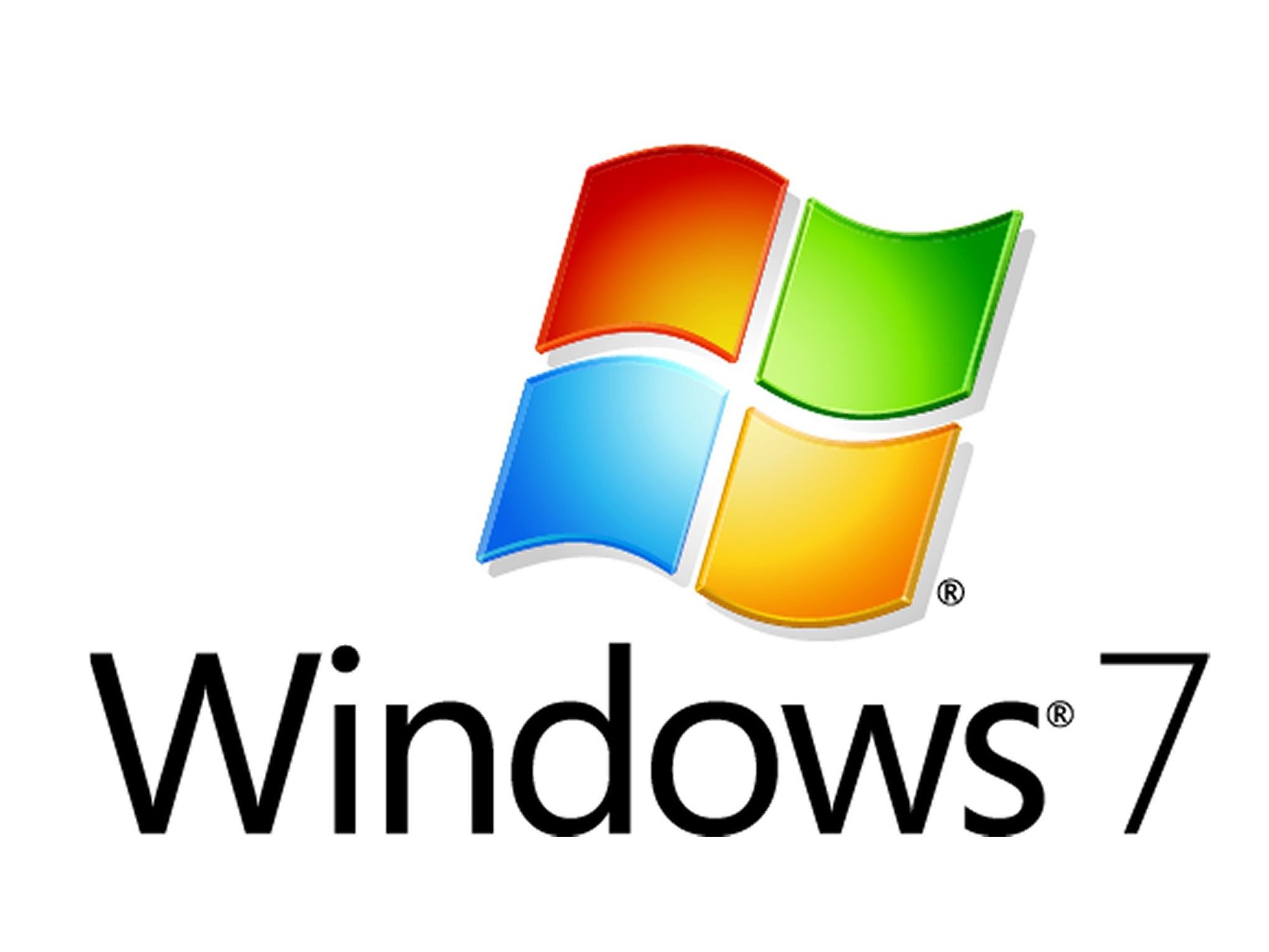Why Windows 7 had to slow down to speed up
Windows expert Mark Russinovich peeks under the hood of Windows 7

Counter-intuitive design principles mean that Windows 7 enjoys serious speed and power advantages over Windows Vista, Microsoft expert Mark Russinovich revealed today at PDC.
According to tech blog BetaNews, Russinovich and designer Arun Kishan credited many of the improvements to changes in Windows architecture that means processes on multi-core systems no longer get stalled waiting for threads to finish.
"Everything works exactly as it did before," Kishan said, "This is a totally under-the-covers transparent change to applications, except for the fact that things scale better now."
Slow down to speed up
Another innovation is a new system that increases the idle time for processors. Instead of slowing the whole system down, this actually means that fewer interrupt signals are sent back and forth. It turns out that multi-core processors - now found in even budget laptops - perform much better if they are allowed to go to sleep when not being used.
Windows designers also found that computers perform at their most efficient when virtually all of the available memory is been used, leaving just a few dozen MB free, even when running just a few applications on top-end 8GB RAM systems.
"If we have free and zero pages, we would rather populate them with speculated disk or network reads," said engineer Landy Wang. "Then if you need the data later, you won't have to wait for a very slow disk or a very slow network to respond."
Get daily insight, inspiration and deals in your inbox
Sign up for breaking news, reviews, opinion, top tech deals, and more.
Windows designers believe that computers of the future will boast ever more cores in the race to boost speed - meaning that even Windows 7 is likely to enjoy only a lifetime measured in years (compared to Windows XP's 10-years and counting).
Via BetaNews.